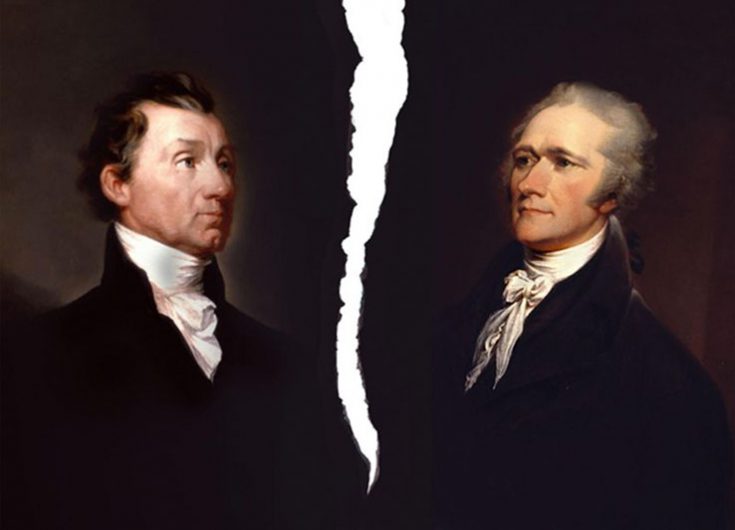Are high-level military strategists born or made? Some of both, one must suppose. Strategic excellence means something more than the proficiency to win battles and conduct successful military operations, but to win wars. Winning wars, in turn, means something more than being able to defeat an adversary’s armed forces and/or occupying its territory. Which means that Army officers (in this case) must not only be able to coordinate operations with those of the other services, but also take into account the overarching political and geopolitical components of the conflict (or potential conflict).
Dwight Eisenhower, Monuments Man
Are high-level military strategists born or made? Some of both, one must suppose. Strategic excellence means something more than the proficiency to win battles and conduct successful military operations, but to win wars. Winning wars, in turn, means something more than being able to defeat an adversary’s armed forces and/or occupying its territory. Which means that Army officers (in this case) must not only be able to coordinate operations with those of the other services, but also take into account the overarching political and geopolitical components of the conflict (or potential conflict).


